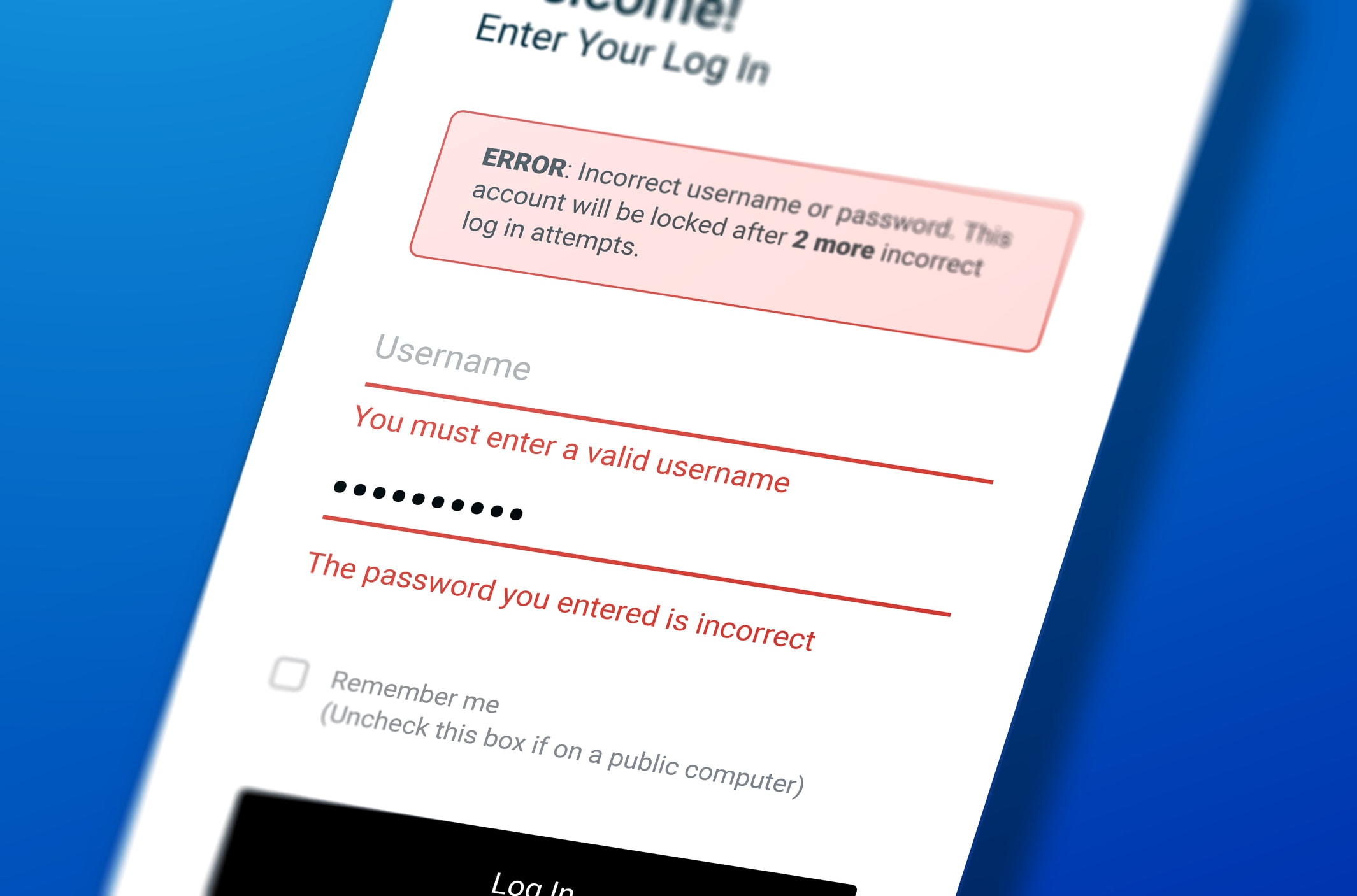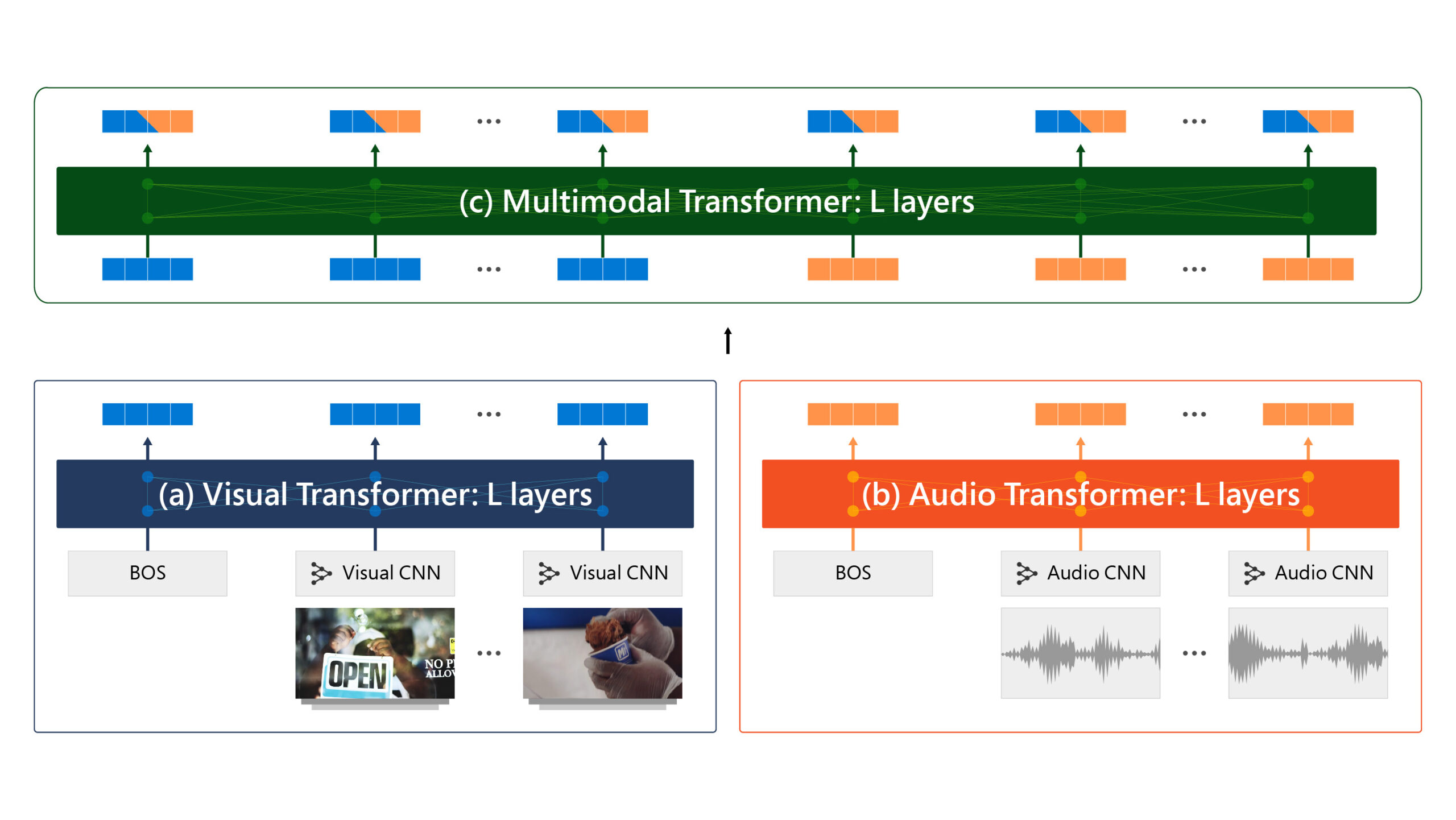
Ways AI is Driving More Efficient Application Performance Monitoring
In the digital age, the speed and performance of apps and websites have a huge impact on the customer experience. To ensure a high level of quality, Application Performance Monitoring (APM) refers to the process of tracking the performance and availability of software systems.
Let’s look at what Application Performance Monitoring is, how AI and machine learning are being applied to stay ahead of the competition, and several real-world use cases.
Application performance monitoring (APM) is the process of tracking the performance of applications and technology by detecting anomalies, identifying potential issues, and resolving them before they impact the user experience. With the increasingly complex and distributed nature of the digital economy, it’s typically required that application performance monitoring operates autonomously and can resolve incidents in near real-time.
Ultimately, the goal of monitoring application performance is to simplify the complexity of end-to-end monitoring. To do so, the entire application architecture must be monitored at a granular level, as should the business metrics that are impacted by application performance. Ideally, the system in place would identify the relationships between application performance and business metrics, as illuminating these links can facilitate root cause analysis.













/cdn.vox-cdn.com/uploads/chorus_asset/file/23935561/acastro_STK103__04.jpg)
/cdn.vox-cdn.com/uploads/chorus_asset/file/24371483/236494_Mac_mini__2023__AKrales_0066.jpg)



